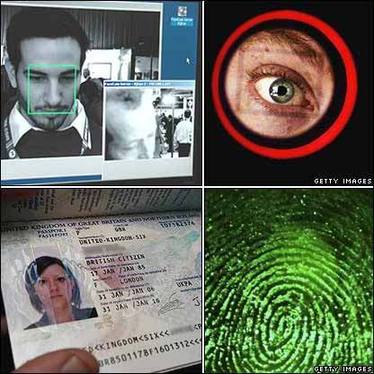为了结束公务员队伍长久以来自由松散、时间观念淡薄的局面,印度政府于本周二开始在首都新德里推出办公室生物识别扫描的考勤方式,希望以此提高政府官僚体系的工作效率。目前,印度中央政府约有300万名公务员,其中包括全体铁路工作人员,而联邦各州的公务员还有大约700万名。这个庞大的公务员队伍素来以工作延后和大量重复的书面工作而闻名。印度内政部长帕拉尼亚潘•奇丹巴拉姆表示,这个考勤方式的推行是在向全国传递一个信息,那就是,每个人都必须在指定的时间内完成自己的工作。

 |
|
The Indian government on Tuesday launched a campaign to end notoriously slack time-keeping among its millions of civil servants by introducing biometric scanners at offices in the capital New Delhi. |
The Indian government on Tuesday launched a campaign to end notoriously slack time-keeping among its millions of civil servants by introducing biometric scanners at offices in the capital New Delhi.
Home Minister Palaniappan Chidambaram arrived punctually at work to kick off the drive to improve efficiency within India's vast bureaucracy, which has a reputation for endless delays and reams of duplicated paperwork.
India's central government employs about three million civil servants -- including all railway workers -- while federal states employ about another seven million.
"This is a message to the whole country that everyone must do his work for the allotted hours," Chidambaram told reporters.
"I understand flexi time, we will introduce some flexibility. Flexibility is if you come 10 or 15 minutes late, you have to work for another 10 or 15 minutes."
In the first stage of the scheme, 5,000 home ministry employees -- regardless of rank -- will have their index fingers scanned to register the time they arrive and leave work.
Any employee who is late three times in a month will have to give up a day-off.
A home ministry official said that Chidambaram, a veteran politician, had always been punctual and was "very particular about officials arriving on time."
相关阅读
(Agencies)

Vocabulary:
biometric scanners: 生物识别扫描仪,所谓生物识别技术,就是通过计算机与光学、声学、生物传感器和生物统计学原理等高科技手段密切结合,利用人体固有的生理特性(如指纹、脸象、虹膜等)和行为特征(如笔迹、声音、步态等)来进行个人身份的鉴定。
(英语点津 Helen 编辑)